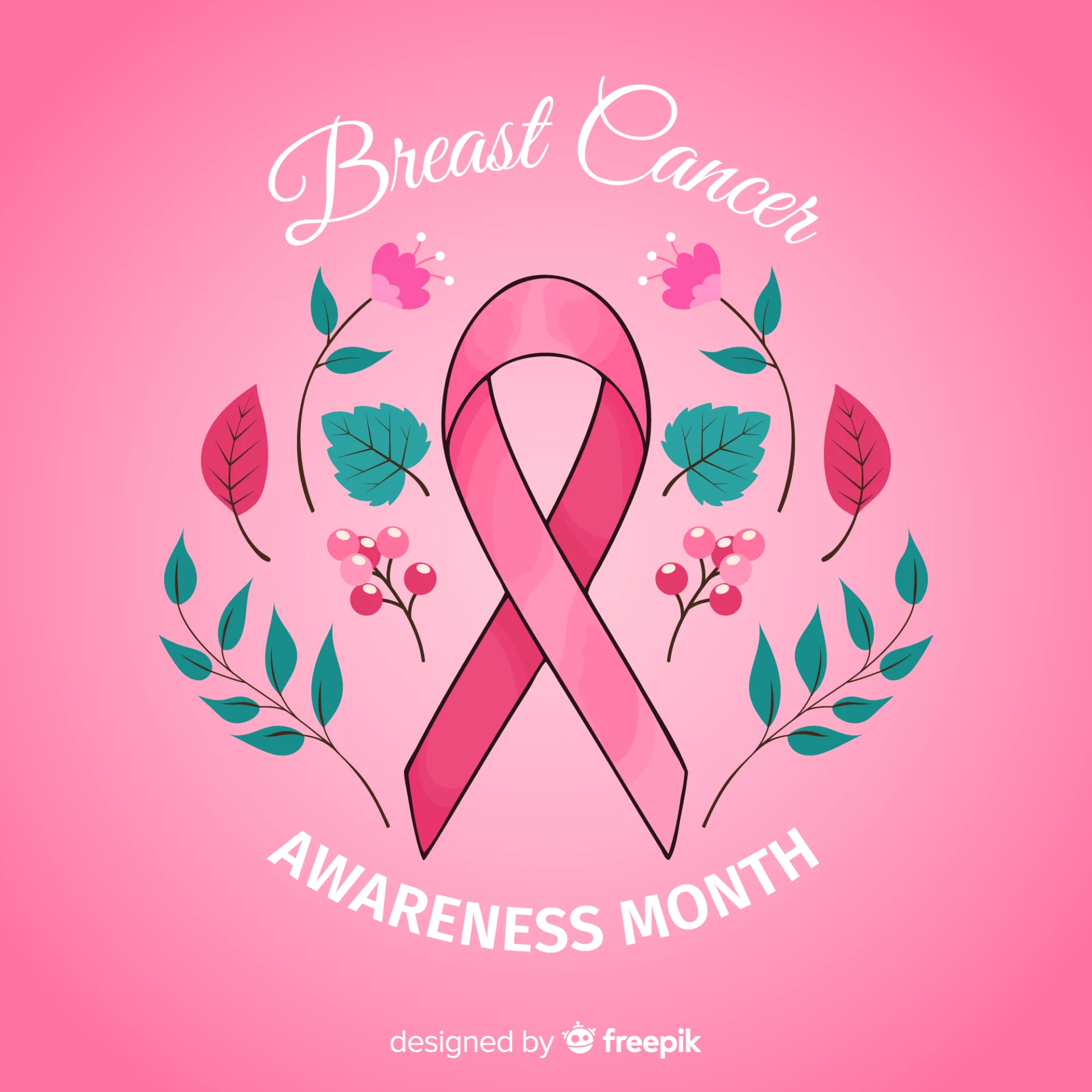How Pakistani Startups and Organizations Are Revolutionizing Breast Cancer Awareness and Support
Breast cancer remains one of the leading causes of illness and death among women in Pakistan. According to the World Health Organization (WHO), early detection has the potential to save thousands of lives each year. However, social stigma, limited access to screening, and high treatment costs often mean women are diagnosed too late.
Fortunately, several nonprofits, health-tech startups, hospitals, and financial institutions are stepping up with awareness campaigns, telehealth apps, financial aid, and screening initiatives. Here’s a look at what’s being done, what’s working, and what still needs to change.
Key Statistics & Context
Each year, around 90,000 new breast cancer cases are reported in Pakistan (Pink Ribbon Pakistan). Approximately 40,000 women die annually due to late diagnosis and lack of treatment access.
Awareness remains low in many regions — especially rural communities — where practices such as breast self-examination (BSE), mammograms, and regular checkups are underutilized.
Cultural stigma and financial barriers further discourage early screening. Many ongoing initiatives aim to reduce these barriers through awareness, free screenings, and affordable treatment options.
What’s Being Done: Organizations, Startups, Campaigns
Below are leading initiatives in Pakistan working across awareness, technology, financial assistance, and treatment.
| Organization / Startup | What They Do | Key Initiatives / Features | Strengths & Limitations |
|---|---|---|---|
| PinkDetect (App + Health-Tech Startup) | AI-powered breast health app with early detection, education, and self-examination tools. | 1. Android/iOS app for BSE and analytics. 2. Medical outreach through workshops and camps. 3. Focus on underserved communities. | Excellent awareness + detection tool, but needs integration with clinics for verification and follow-ups. |
| Pink Ribbon Pakistan | Nonprofit offering free diagnostic and treatment support. | 1. Free breast exams and mammograms. 2. Pink Ribbon Hospital for affordable care. 3. National awareness campaigns. | Comprehensive care model; challenge lies in scaling nationwide. |
| Pink Pakistan Trust | Focused on awareness, screening, and health policy advocacy. | 1. Awareness programs with universities and HEC. 2. Supports marginalized women. 3. Policy research. | Strong advocacy; needs expanded funding for treatment access. |
| BCI Pakistan | Grassroots NGO focused on education and early detection. | Hosts local events, awareness drives, and screening referrals. | Good urban presence; limited rural reach. |
| Shifa Foundation (“Pink Lady” Campaign) | Medical services + awareness programs. | Annual campaigns, seminars, free/discounted mammograms. | Strong urban impact; rural outreach remains limited. |
| Indus Hospital & Health Network | Provides free treatment, awareness, and screening camps. | National “pink illumination” campaigns and free medical screenings. | High credibility; limited resources for smaller towns. |
| Bank Alfalah + Cancer Foundation Hospital + Roche Pakistan | Public–private partnership to fund patient treatment. | PKR 10.75 million support fund; awareness + treatment. | Scalable model but limited to selected patients. |
| Easypaisa + EFU Life** + Roche | Digital insurance product for cancer support. | “Cancer Cover Plan” offering up to PKR 1 million in coverage + treatment access. | Promising integration of fintech + healthcare; needs broader inclusion in rural zones. |
What’s Working & Best Practices
- Digital tools such as PinkDetect and telehealth platforms like Sehat Kahani reduce stigma and improve early detection access.
- Awareness campaigns during Pinktober reach millions through schools, workplaces, and social media.
- Free or discounted screenings offered by hospitals and NGOs during awareness months improve participation rates.
- Corporate–NGO partnerships like Bank Alfalah × Roche combine financial aid with awareness.
- University partnerships (with HEC) help spread preventive education among youth.
- Mobile medical camps help reach women in underserved rural districts.
Ideas & Opportunities: What Startups and Stakeholders Could Do
- Mobile screening units: Portable mammography vans serving remote communities (WHO Early Detection Guidance).
- AI + telehealth integration: Apps connected with doctors for remote diagnostics and follow-ups.
- Micro-insurance or patient finance: Small monthly payment models for cancer treatment.
- Community-driven awareness: Collaborate with influencers, local NGOs, and religious/community leaders to fight stigma.
- Mental health and survivor support: Platforms linking survivors, counselors, and patient groups (BreastCancer.org).
- Data & research platforms: Collect anonymized national data to inform health policy.
- Affordable treatment access: Partner with pharma companies for subsidized medication.
Conclusion
Breast cancer is a critical public health challenge in Pakistan — but a strong ecosystem of startups, NGOs, hospitals, and corporate partners is driving change.
By expanding rural access, integrating AI-based early detection, providing financial and emotional support, and fostering year-round awareness, Pakistan can continue to make strides in women’s health and empowerment.
For more on startup-driven innovation in healthcare, explore Startup.pk’s healthtech insights.
FAQ
Several Pakistani startups and organizations are addressing breast cancer challenges, including Sehat Kahani (telemedicine for women), Marham (doctor consultations), Brest Friends Pakistan (awareness and screening drives), and Shaukat Khanum Hospital (affordable diagnosis and treatment).
Healthtech startups are using AI, mobile applications, and telemedicine platforms to make screening more accessible. For example, Sehat Kahani connects women to female doctors online, while AI-assisted mammography initiatives are helping improve diagnostic accuracy in local hospitals.
Women can support the cause by participating in Pinktober events, volunteering for awareness campaigns, downloading screening reminder apps, donating to local NGOs, and encouraging regular self-examinations and checkups among their communities.




